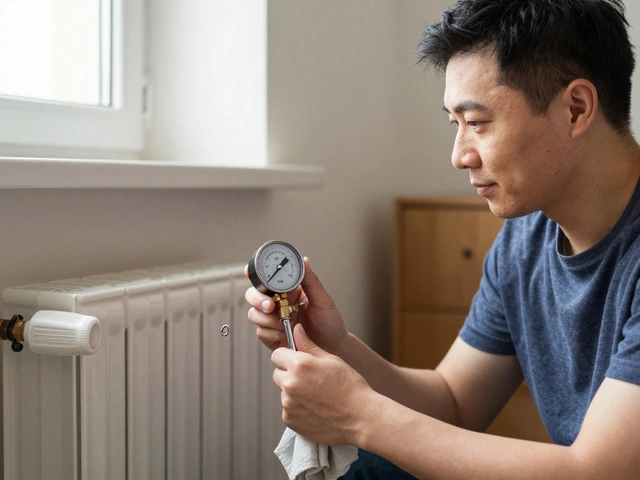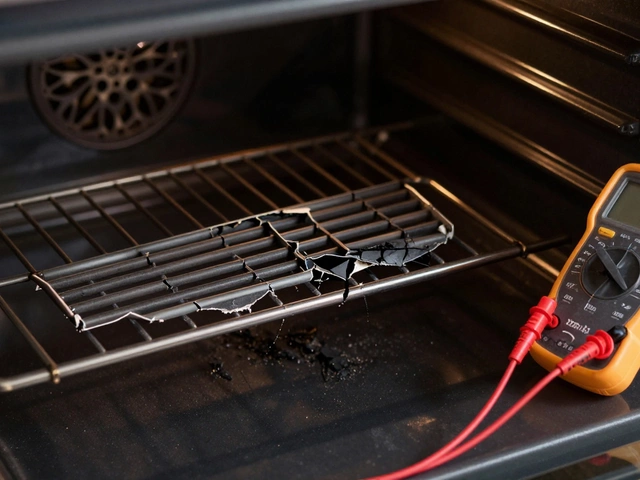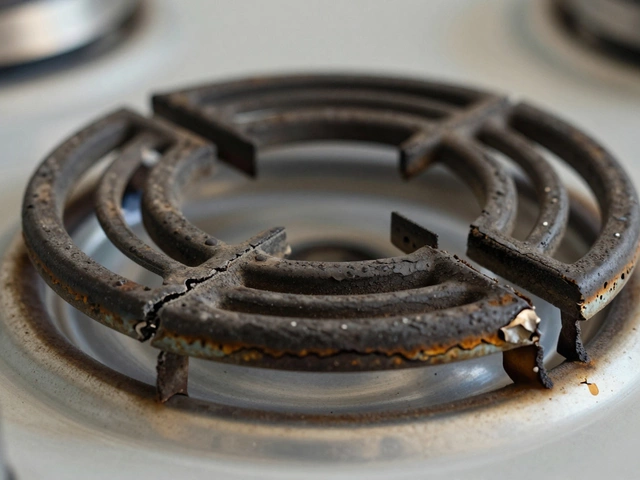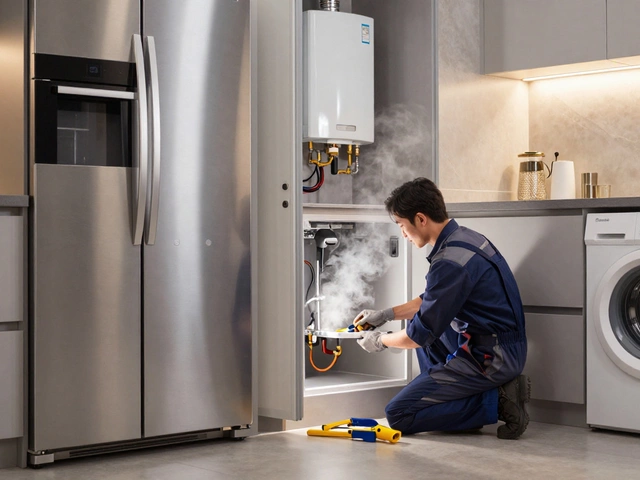Freezer Maintenance: Simple Tips to Keep Your Freezer Running Smoothly
Ever opened a freezer and found ice cubes turned into a slushy mess? That usually means the unit needs a little love. A few quick habits can stop costly repairs and keep your frozen foods safe. Below are the everyday actions you can start today, plus the warning signs that tell you it’s time to call a specialist.
Everyday Care Steps
1. Set the right temperature. Most freezers work best at -18°C (0°F). Use a thermometer to double‑check – many built‑in dials are only approximate. If the freezer feels too warm, lower the setting a few degrees and give it 24 hours to stabilize.
2. Keep it tidy. Spill a bag of frozen peas? Wipe it up right away. Food that sits on the back wall blocks airflow and forces the compressor to work harder. A quick cloth with mild dish soap is enough; avoid harsh chemicals that can damage seals.
3. Check the door seal. Close the door on a piece of paper; if you can pull it out easily, the gasket is leaking air. Clean the seal with warm, soapy water and dry it thoroughly. A cracked seal should be replaced – the cost is far less than a full compressor fix.
4. Defrost regularly. Modern frost‑free models handle this themselves, but older units need manual defrosting. When ice builds up more than a quarter inch, unplug the freezer, let it melt, and dry the interior before restarting. This saves energy and prevents the fan from freezing.
5. Keep it level. An uneven freezer can cause the door to swing open, letting warm air in. Use a spirit level on the top shelf; adjust the front legs until the unit sits flat.
When to Call a Professional
Even with the best care, parts can wear out. Here’s what to watch for:
- Frequent temperature swings. If the fridge cycles on and off constantly, the thermostat or compressor may be failing.
- Unusual noises. A loud humming, clicking, or grinding sound often signals a motor or fan problem.
- Excessive frost despite defrost cycles. This can mean a faulty defrost timer or heating element.
- Water pooling inside. Leaking water may be a blocked drain line or a cracked interior pan.
When any of these symptoms appear, don’t wait. A quick visit from Hinckley Home Appliance Repair Services can diagnose the issue before it turns into a big bill. Our technicians know the common freezer models in the Hinckley area and can replace compressors, fix seals, or clean evaporator coils on the spot.
Bottom line: a clean, well‑sealed, correctly‑set freezer runs longer and uses less energy. Spend a few minutes each month on these checks, and you’ll avoid most breakdowns. If something feels off, give us a call – we’ll get your freezer back to freezing fast, so you never run out of ice cream again.
8 March 2025
·
0 Comments
Wondering how long a freezer typically lasts? This article explores the average life expectancy of freezers and shares practical tips for extending their lifespan. From understanding common issues to easy maintenance tricks, learn how to keep your freezer running efficiently. Discover interesting facts and tackle minor problems yourself to save costs on repairs. Keep your food preservation worries at bay with expert insights.
Read more
24 October 2024
·
0 Comments
Deciding whether to repair or replace a freezer can be a dilemma. This article guides you through the factors to consider before making a decision, such as cost, age, and energy efficiency. The aim is to help you understand the potential benefits and drawbacks of each option. Additionally, readers will learn useful tips to prolong the lifespan of their freezers and spot early signs of malfunction. Ultimately, this will aid in making an informed choice that fits both your needs and budget.
Read more







